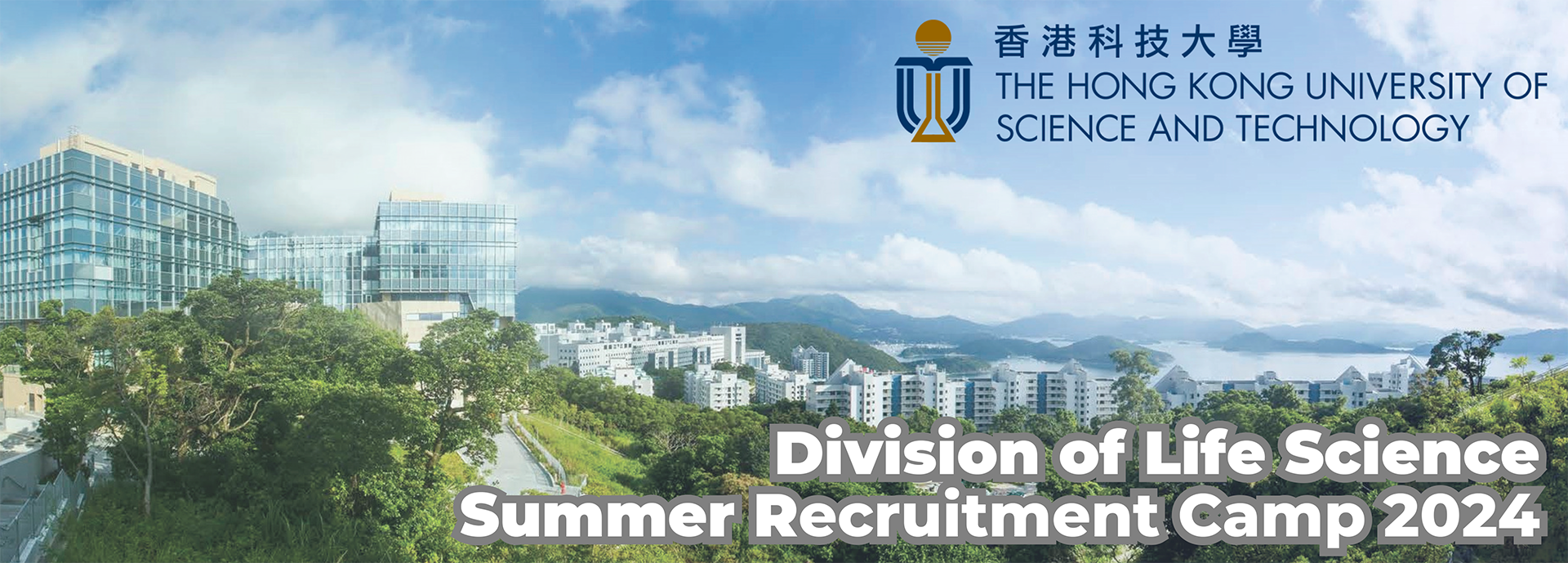
LIFS Summer Recruitment Camp 2024 for 2025/26 Fall Postgraduate Admission: 8 July 2024 – 12 July 2024 (5 days)
Read More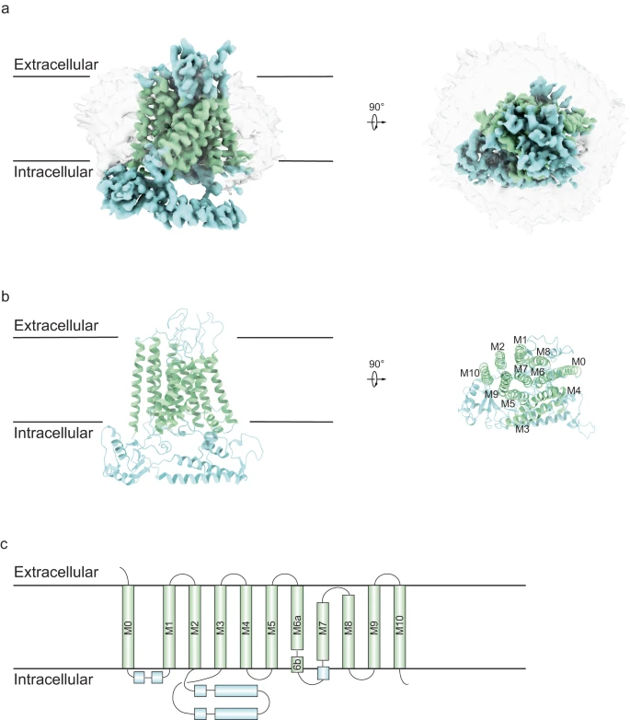
A study led by Professor Shanyu Dang and his research team at HKUST is shedding light on TMEM63 proteins. These proteins are calcium-permeable channels in animals that are primarily activated by hypo-osmolality, and they play crucial roles in various physiological functions. Deficiencies in these channels have been associated with several diseases, including hearing loss. However, their structures and physiological roles have remained elusive until now.
To investigate these proteins, the team utilized cryo-electron microscopy (cryo-EM) to examine the structure of TMEM63C in mouse and compared it to other TMEM63 proteins as well as their plant orthologues known as OSCAs. Notably, they discovered significant differences in structure among these proteins.
Furthermore, the researchers conducted experiments to understand the functioning of TMEM63 proteins. They identified specific regions of the protein that are essential for its activity and elucidated the critical roles of the coupling between TM0 and TM6 in channel activity. Additionally, they observed that TMEM63C acts as a single unit, while TMEM63B can exist as both a single unit and a pair. This suggests that TMEM63 proteins can regulate their function through their dimerization.
Understanding TMEM63 proteins is crucial because they are involved in how cells perceive and respond to mechanical forces. These forces are vital for cellular adaptation and survival in their environment.
The findings of this study provide valuable insights into the structure and function of TMEM63 proteins, opening up possibilities for the development of new treatments for diseases such as hearing loss.
Journal Reference:
Qin, Y., Yu, D., Wu, D. et al. Cryo-EM structure of TMEM63C suggests it functions as a monomer. Nat Commun 14, 7265 (2023). https://doi.org/10.1038/s41467-023-42956-2
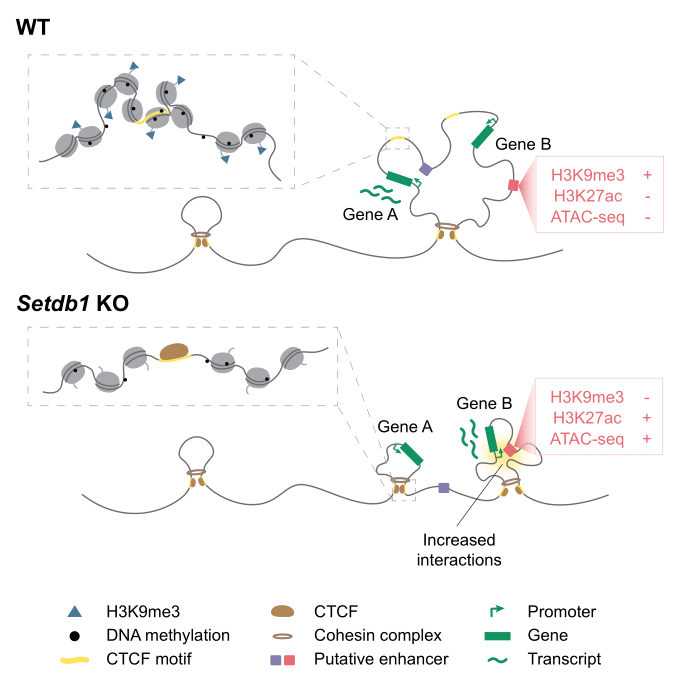
This discovery has important implications for understanding how genes are turned on and off. The researchers also found that when SETDB1 and H3K9me3 are lost, it leads to changes in how our DNA is organized, affecting gene activity and repetitive elements in our genome. This research provides valuable insights into the mechanisms behind gene regulation and opens up new possibilities for developing targeted therapies to manipulate gene activity, which could be particularly relevant for diseases like cancer.
Journal Reference:
Tam, P.L.F., Cheung, M.F., Chan, L.Y. et al. Cell-type differential targeting of SETDB1 prevents aberrant CTCF binding, chromatin looping, and cis-regulatory interactions. Nat Commun 15, 15 (2024). https://doi.org/10.1038/s41467-023-44578-0
An interview with Prof. Danny Leung, associate professor of LIFS on pre-eclampsia (a complex condition characterized by high blood pressure and organ damage in pregnant women) involving impaired placental development and the release of anti-angiogenic factors, and its relationship with COVID-19 was featured in the Chinese edition of Scientific America.
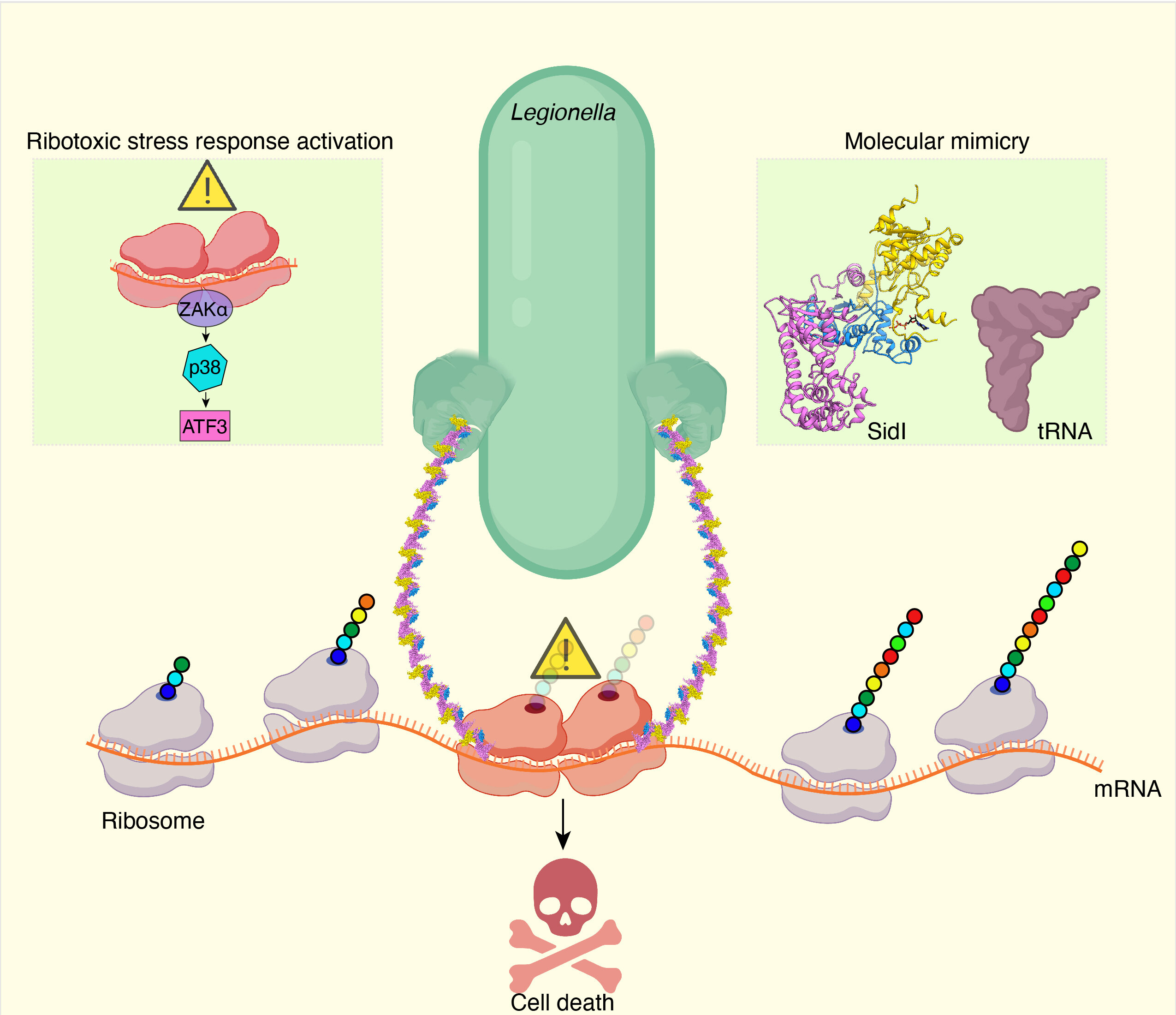
Legionella pneumophila, the bacterium responsible for Legionnaires’ disease, employs a unique strategy to disrupt protein synthesis in host cells. One of its secreted proteins, SidI, functions as a transfer-RNA mimic, directly binding to and modifying the ribosome.
Through cryo-electron microscopy the structure of SidI was revealed, with its tRNA-like N-terminal domain and glycosyl transferase C-terminal domain. SidI’s tRNA mimicry and enzymatic activity effectively block protein synthesis akin to the potent toxin ricin. The translational pauses induced by SidI trigger a stress response similar to ribosome collisions, activating stress kinases and leading to the accumulation of ATF3, a transcription factor promoting cell death. This mechanism unveils how Legionella manipulates a ribosome-to-nuclear signaling pathway. The study was carried out by Prof. Lan Wang from the Division of Life Science at HKUST and Dr. Advait Subramanian from Altos Labs Inc. in California. Their research on SidI sheds light on the use of molecular mimicry by pathogens to hijack critical cellular processes, providing fundamental insights into host cell function and stress response pathways.
Journal Reference:
Subramanian, A., Wang, L., Moss, T. et al. A Legionella toxin exhibits tRNA mimicry and glycosyl transferase activity to target the translation machinery and trigger a ribotoxic stress response. Nat Cell Biol 25, 1600–1615 (2023). https://doi.org/10.1038/s41556-023-01248-z
Source: Phys.org News Dec 5 2023
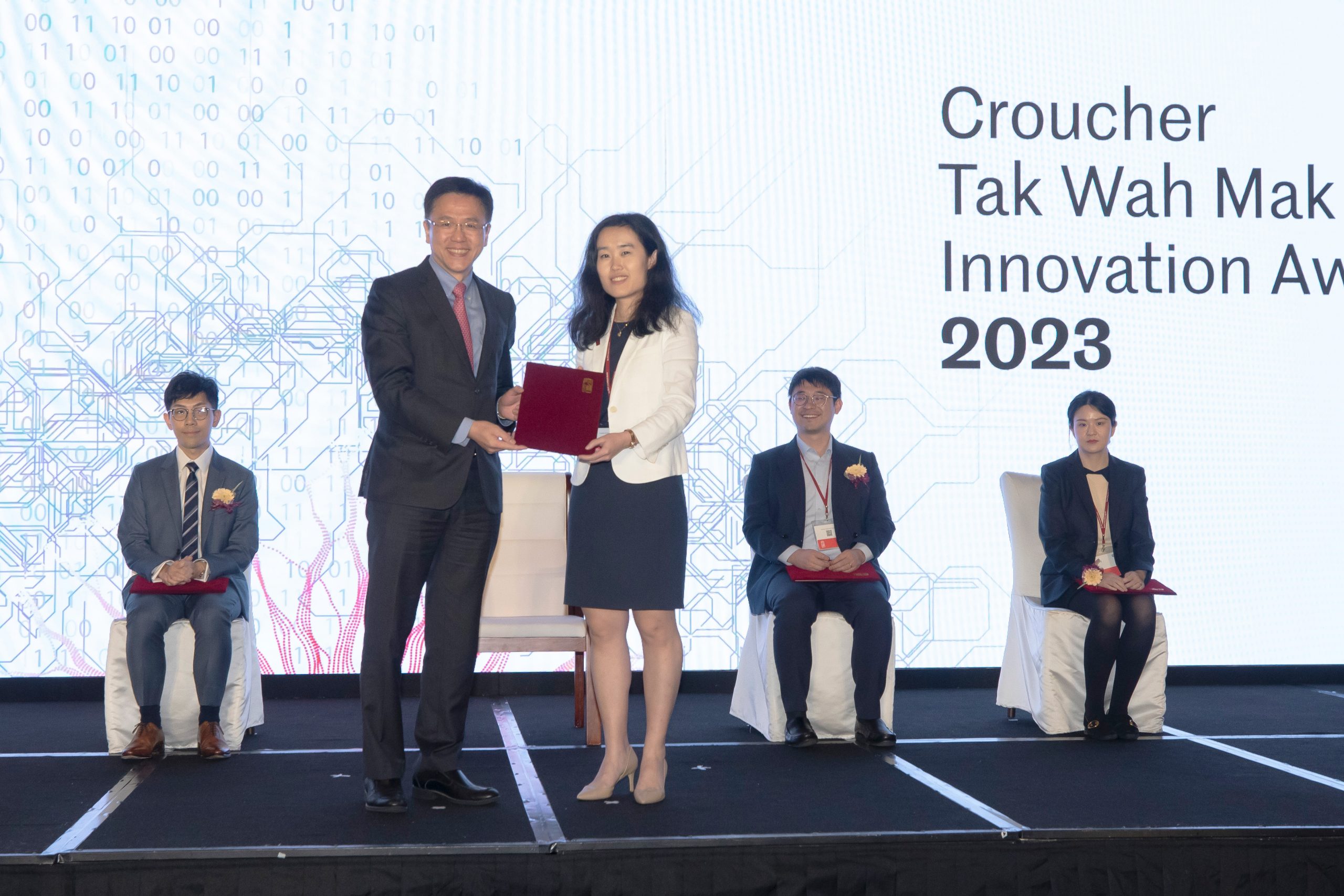
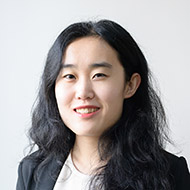
Dr. WANG Lan (HKUST)
Assistant Professor, Division of Life Science,
The Hong Kong University of Science and Technology
One of our LIFS faculty members, Dr. Wang Lan, Assistant Professor of the Division of Life Science, received the Croucher Innovation Award, 2023. Prof. SUN Dong, the Secretary for Innovation, Technology and Industry of the Hong Kong Special Administrative Region was the Guest of Honor at the ceremony.
Dr. Wang is interested in understanding the molecular mechanisms that determine the health of the mitochondria. Mitochondrial dysfunction underlies many human diseases. Additionally, Dr. Wang is also interested in discovering new mechanisms that regulate protein translation and how pathogens could exploit these mechanisms to manipulate the host cell for their own advantage.
Dr. Wang joined HKUST in 2022. She studied chemistry as an undergraduate at Tsinghua University and obtained her PhD at Harvard University. She subsequently worked as a postdoctoral fellow at UCSF.
Croucher Innovation Awards
Established in 2012, the Croucher Innovation Awards aim to identify a small number of exceptionally talented scientists working at an internationally competitive level and to offer substantial support to these “rising stars” at a formative stage in their careers. The scheme is designed to enable recipients to pursue their own scientific, intellectual and professional inclinations, to advance their expertise, to engage in bold new work, and to contribute to the development of education and research in Hong Kong. Each award carries a value of up to HK$5 million over five years.

Cyanobacteria are crucial for Earth’s ecosystems as they produce oxygen and serve as a food and fuel source. Infections by cyanophages can alter bacterial behavior, affecting their energy production from sunlight and causing significant carbon loss annually. Understanding the viruses’ mechanisms and their impact on bacteria, oceans, and climate is essential.
Moreover, insights into their infection processes can aid in the development of virus-based strategies to control harmful cyanobacteria in freshwater, benefiting agriculture and ensuring clean drinking water. The team’s findings were published in the journal Nature Communications, and future research aims to further explore the virus’s infection process and resolve unresolved parts of its structure relating to host recognition and infection.
Journal Reference:
Cai, L., Liu, H., Zhang, W. et al. Cryo-EM structure of cyanophage P-SCSP1u offers insights into DNA gating and evolution of T7-like viruses. Nat Commun 14, 6438 (2023). https://doi.org/10.1038/s41467-023-42258-7
Read More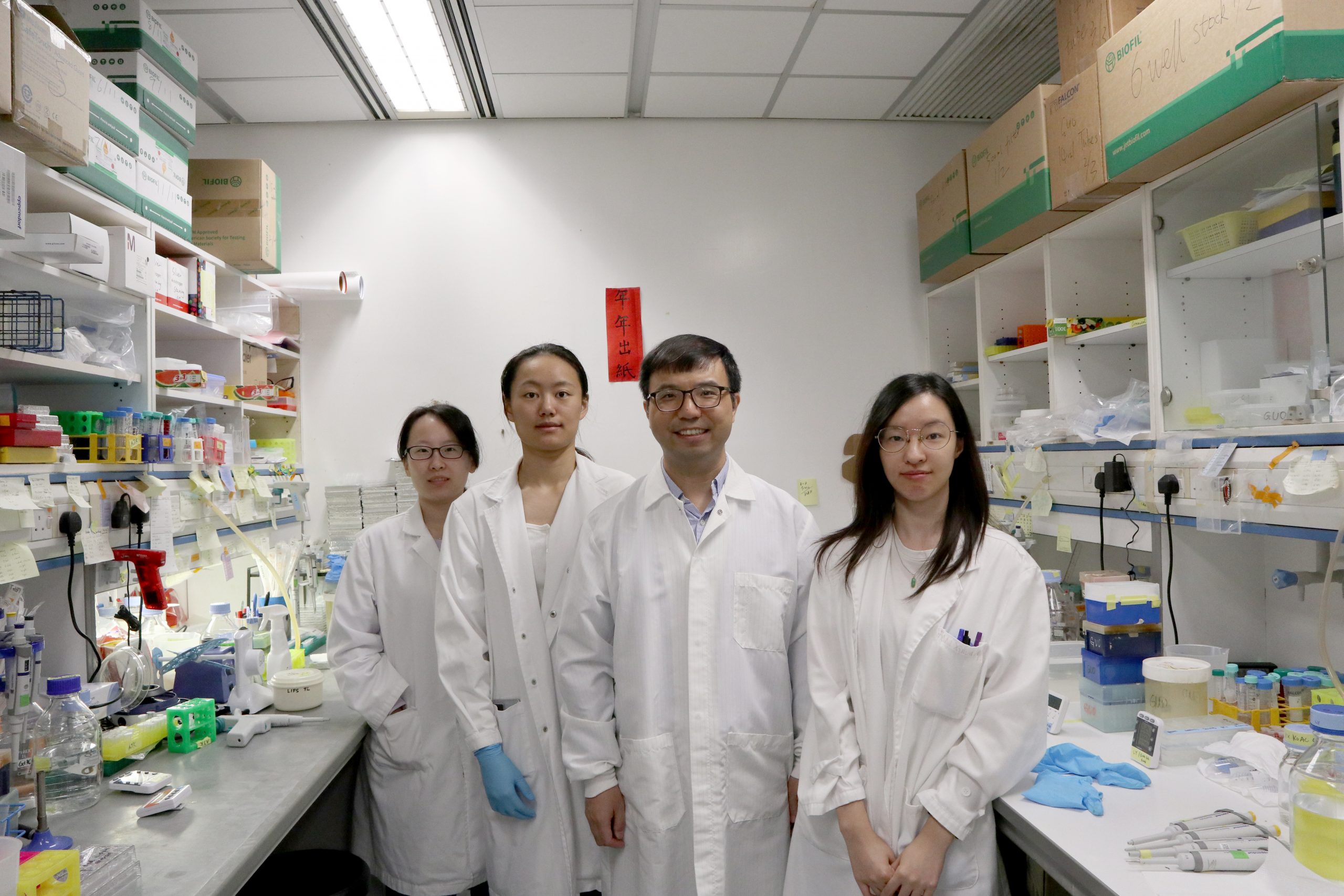
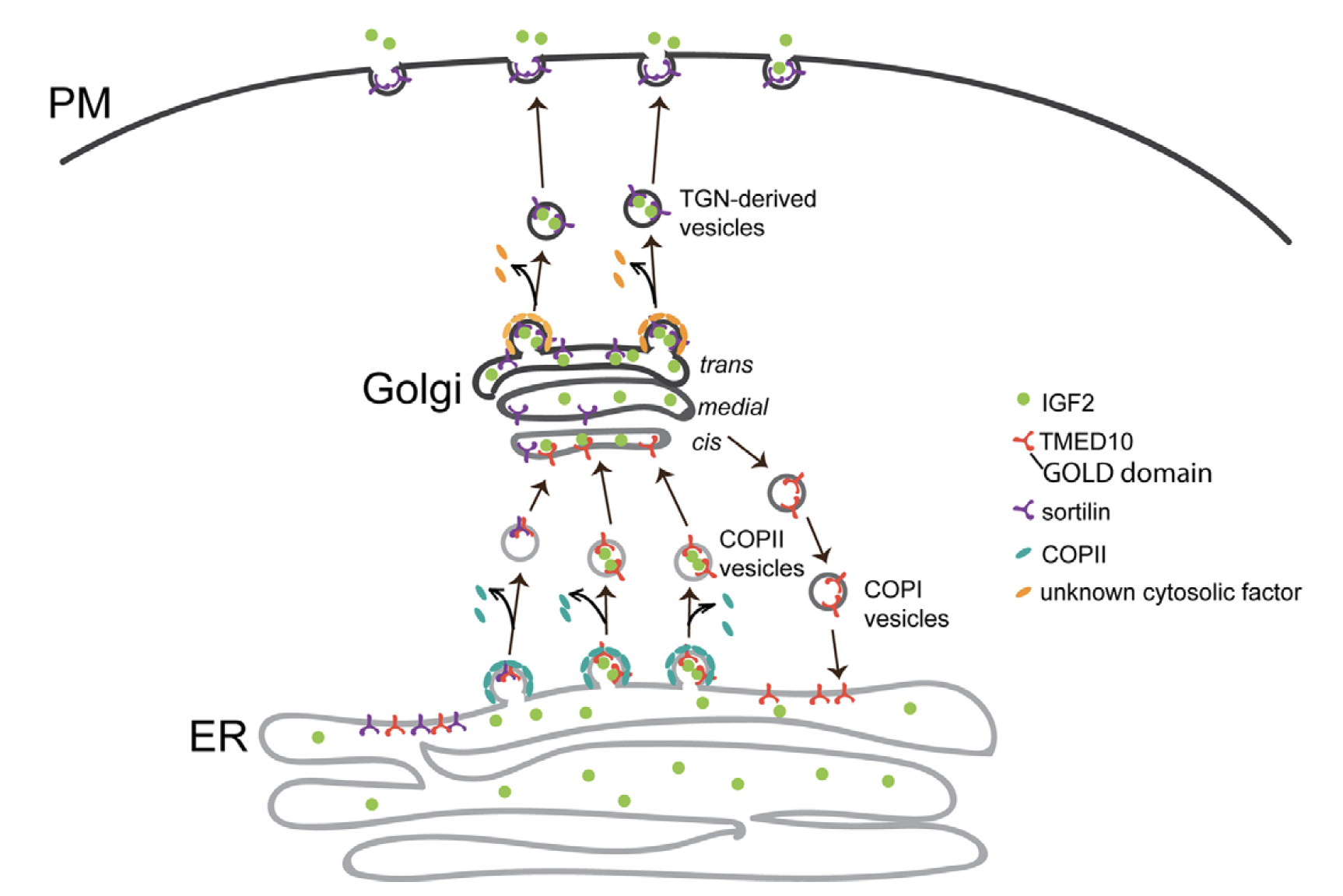
Journal Reference:
Tiantian Li,, Feng Yang, Youshan Heng, Shaopu Zhou, Gang Wang, Jianying Wang, Jinhui Wang, Xianwei Chen, Zhong- Ping Yao, Zhenguo Wu, and Yusong Guo. TMED10 mediates the trafficking of insulin- like growth factor 2 along the secretory pathway for myoblast differentiation. PNAS 2023 Vol. 120 No. 46 e2215285120
https://doi.org/10.1073/pnas.2215285120

HKUST President Prof. Nancy IP (center, front row), Research Professor Prof. Amy FU (second right, front row), a co-first author of this research paper Mr. WU Wei (second left, front row), and Research Assistant Professor Prof. WONG Hiu Yi (first left, front row) with other members of the HKUST Division of Life Science research team.
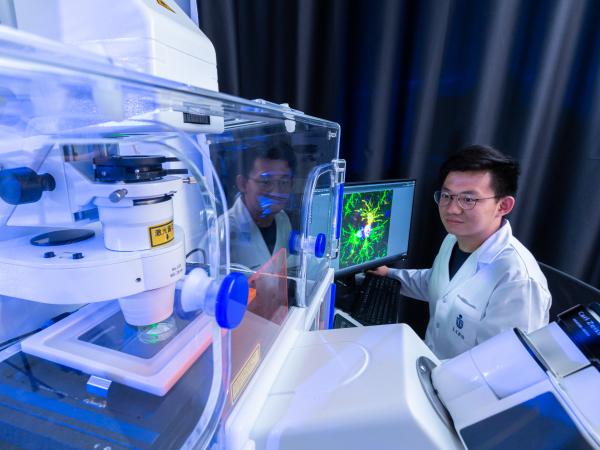
Dr. LAU Shun-Fat, a co-first author of this research paper and former Postdoctoral Fellow at HKUST Division of Life Science, is now a Postdoctoral Associate at the Yale University School of Medicine.
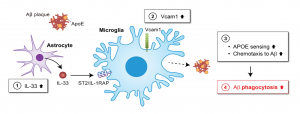
The diagram illustrates the VCAM1-APOE signalling pathway as a potential therapeutic target for Alzheimer’s disease. Interleukin-33 (IL-33) (1) increases VCAM1 expression in microglia (2), which stimulates the attraction of microglia to APOE-associated amyloid-β (Aβ) deposition (3), leading to the clearance of Aβ in the brain (4).
Journal Reference:
Shun-Fat Lau, Wei Wu, Hiu Yi Wong, Li Ouyang, Yi Qiao, Jiahui Xu, Jessica Hiu-Yan Lau, Carlton Wong, Yuanbing Jiang, David M Holtzman, Amy K Y Fu, Nancy Y Ip. The VCAM1-ApoE pathway directs microglial chemotaxis and alleviates Alzheimer’s disease pathology.
Nat Aging 2023 Oct;3(10):1219-1236. doi: 10.1038/s43587-023-00491-1.
Read More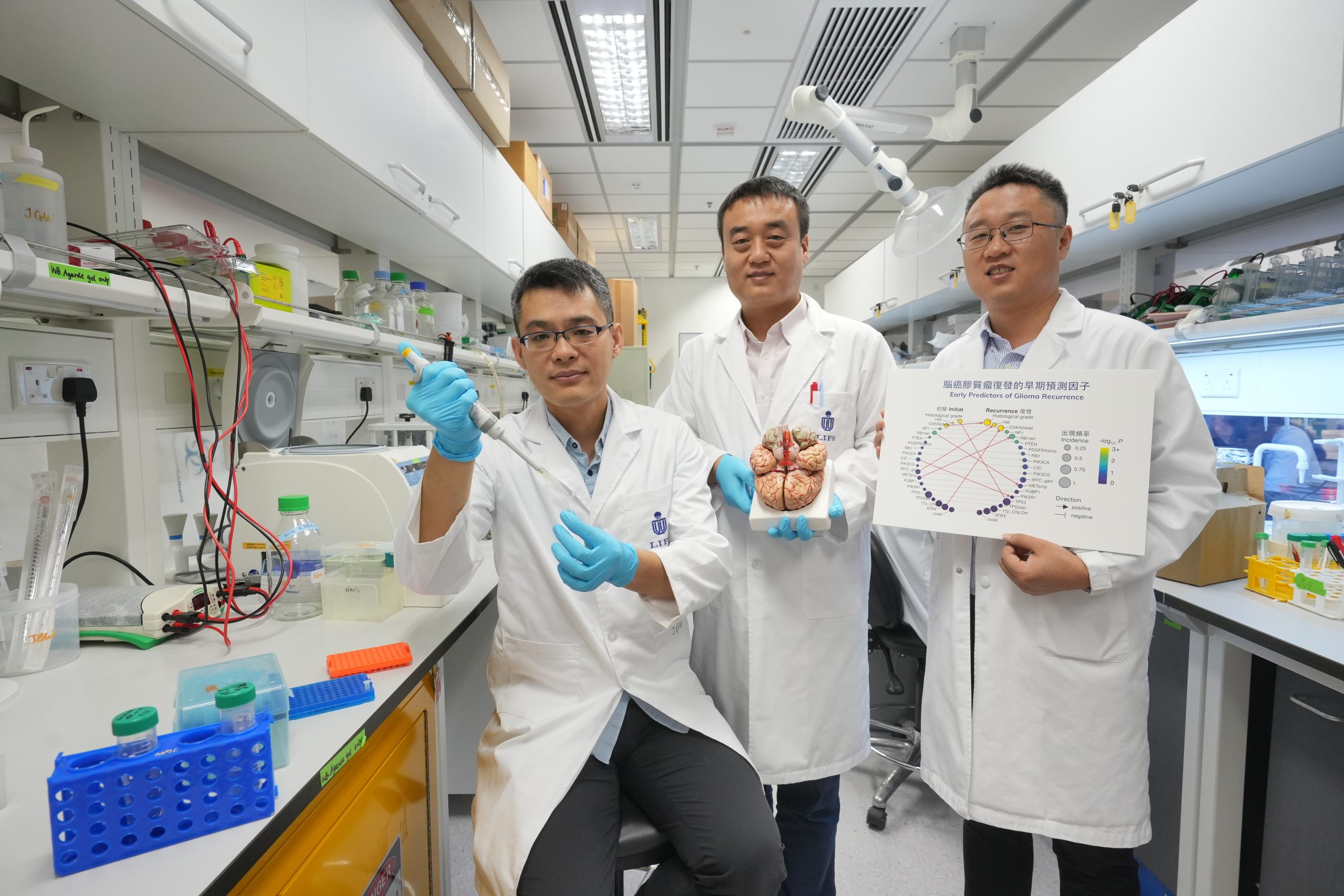
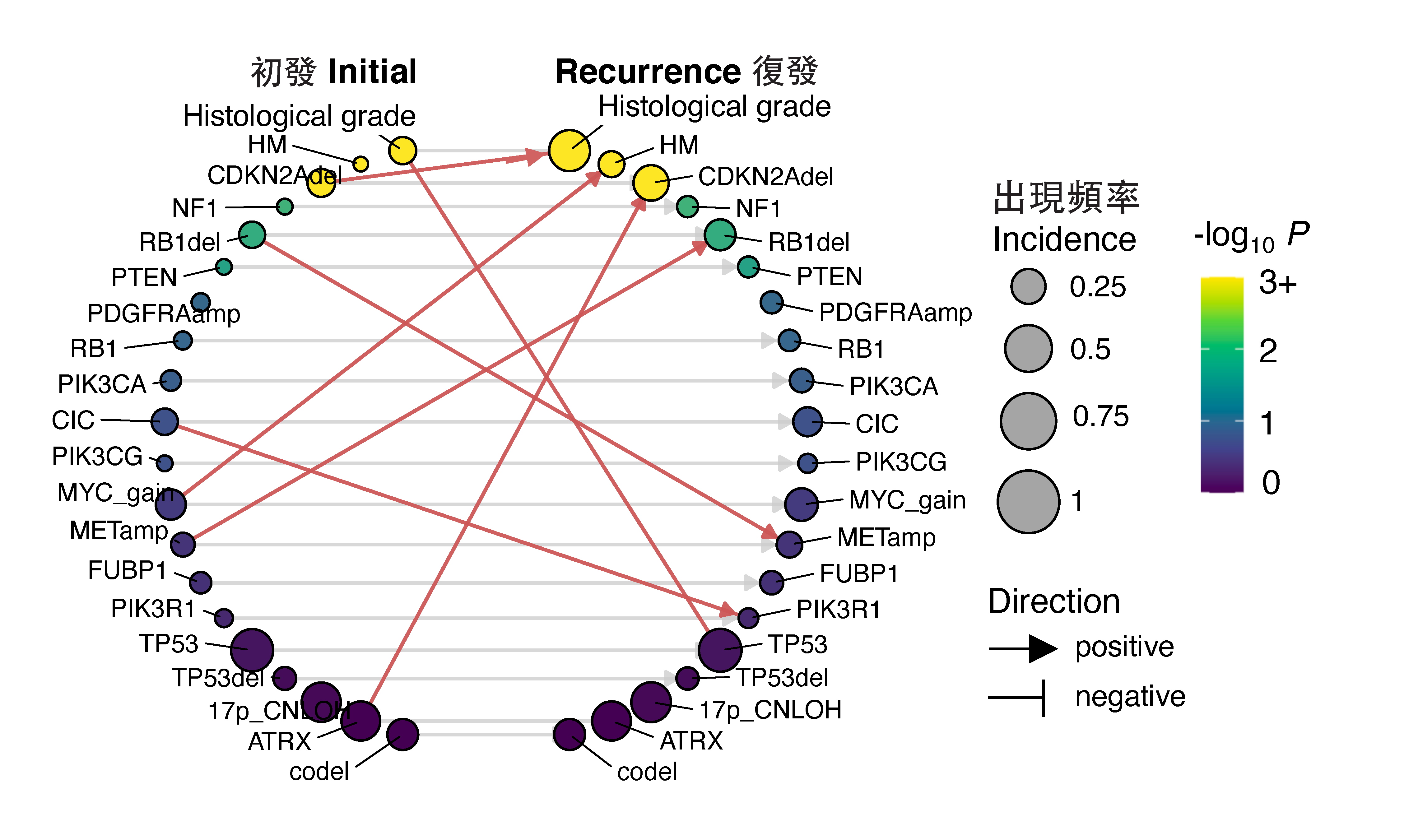
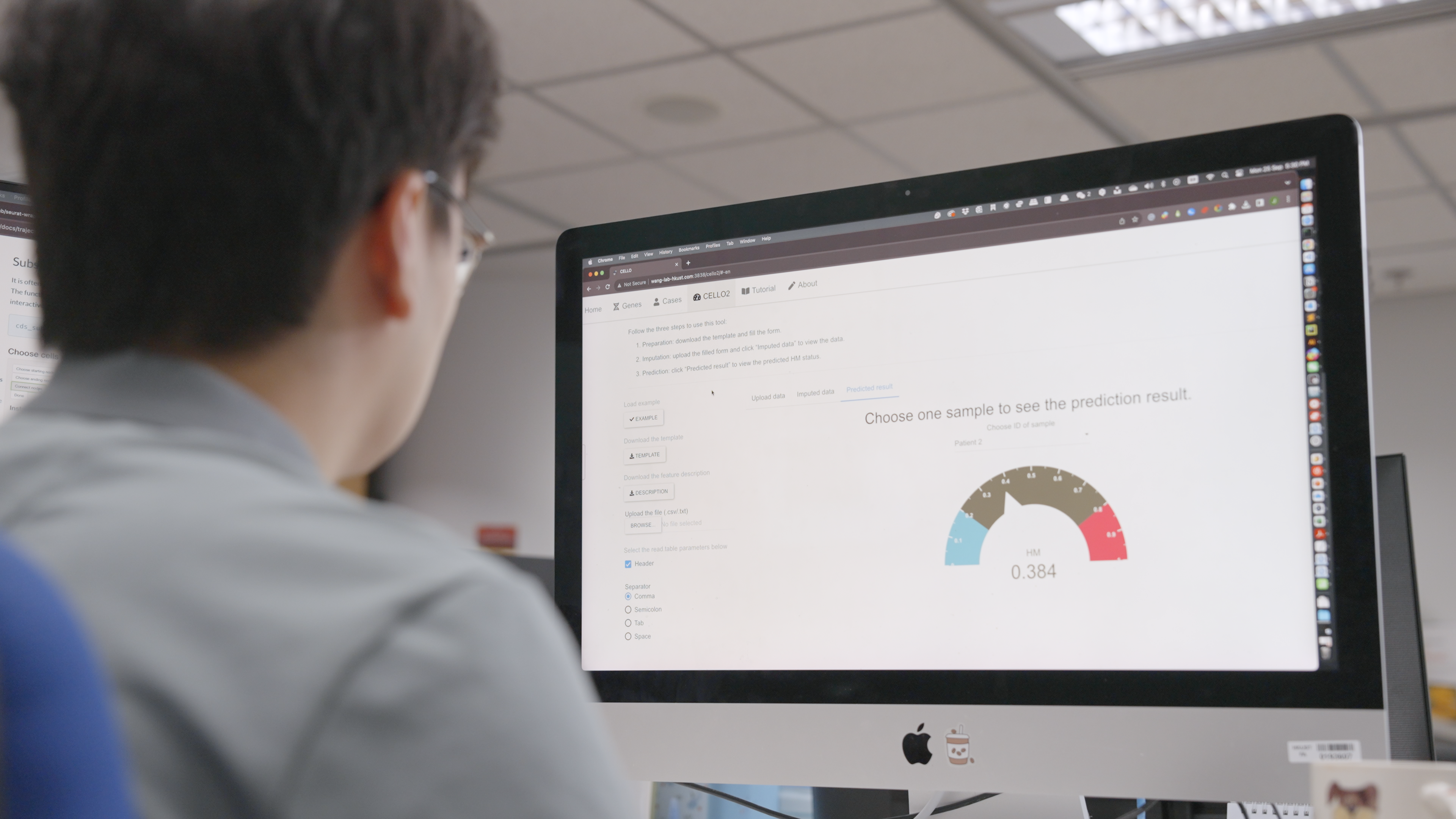
A research team led by Prof. WANG Jiguang, Padma Harilela Associate Professor in the HKUST Division of Life Science and Department of Chemical and Biological Engineering (CBME) have unveiled how primary brain tumors evolve under therapy, and developed an artificial intelligence (AI)-powered model for patients to predict their prognosis, shedding light on better patient management strategies and precision oncology.
The findings were recently published in Science Translational Medicine on 4th Oct 2023
(https://www.science.org/doi/10.1126/scitranslmed.adh4181)
Read more by clicking the link below:
https://hkust.edu.hk/news/research-and-innovation/hkust-led-research-unveils-early-predictors-glioma-evolution-self